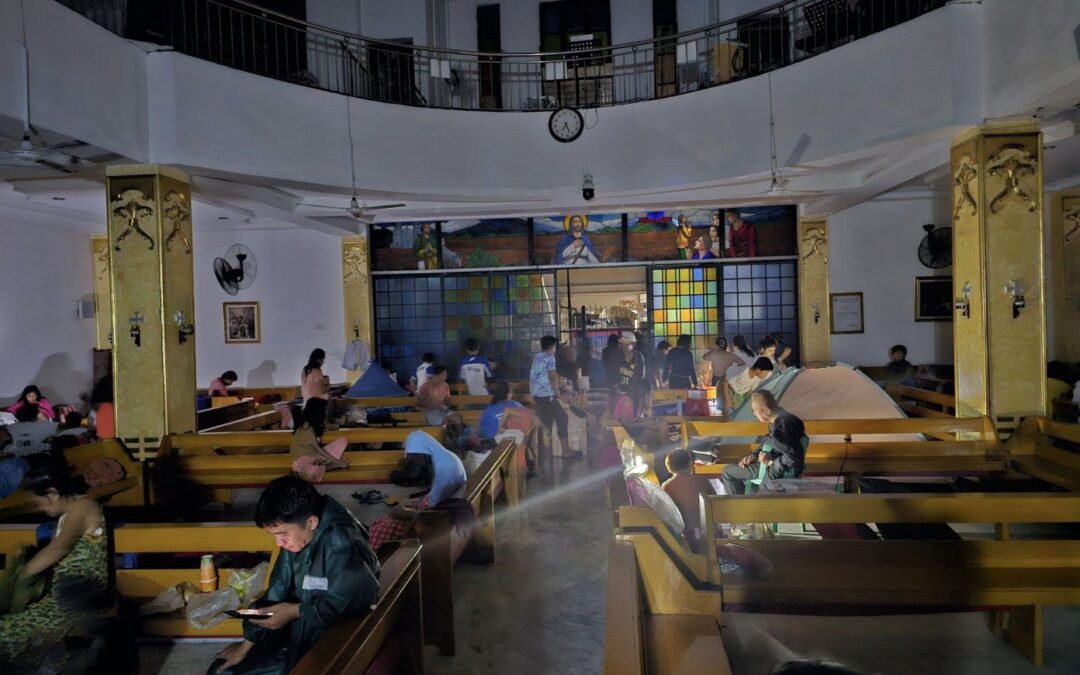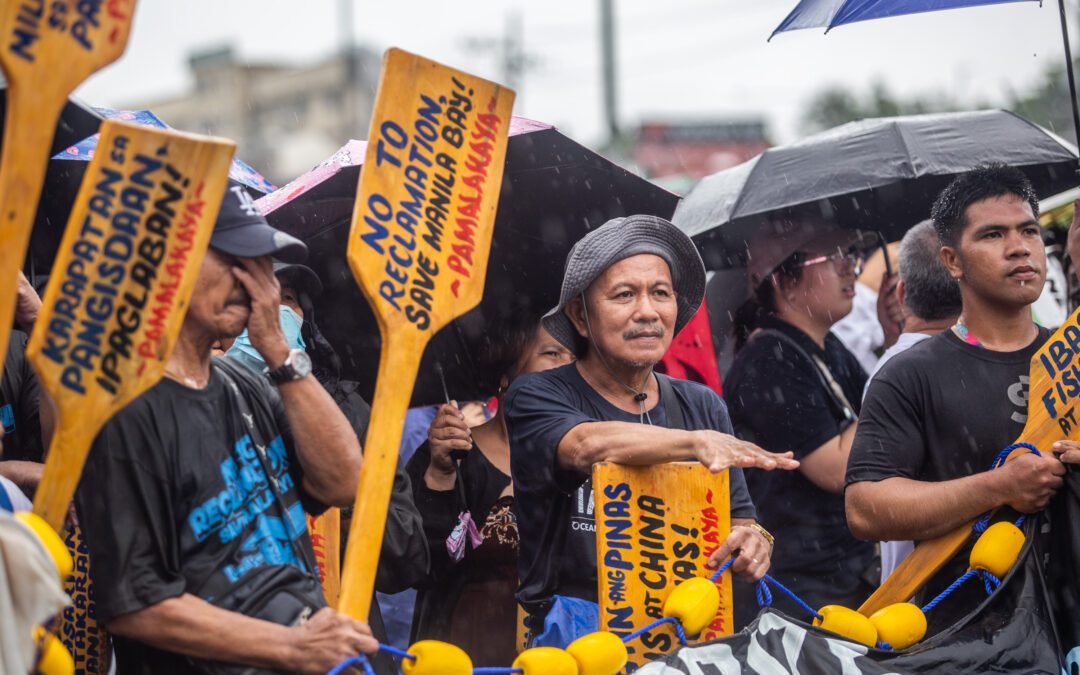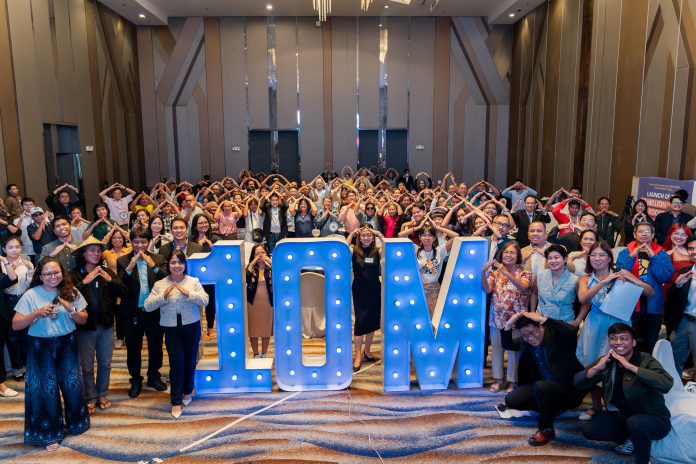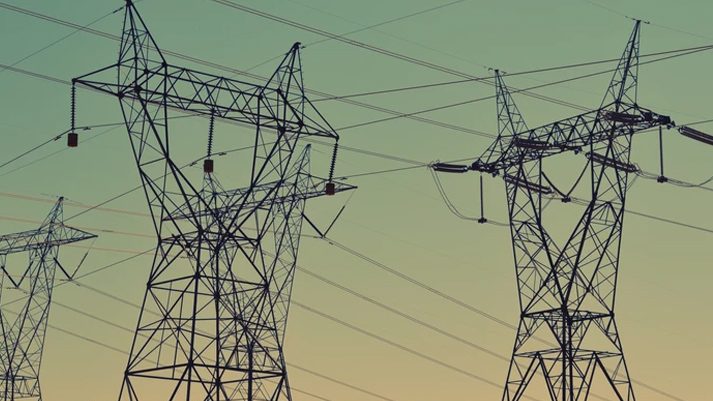By Rev. Dr. Ferdinand Anno, United Church of Christ in the Philippines
If there is something that the COVID-19 global pandemic said to us, it is the fact that we have failed in our stewardship of life.
It is how disconnected we have become from the earth and all the dwellings therein and how vast the [gap] we have built between us and our neighbor.
These separations from our neighbor, from the earth, from ourselves, and from God are where sins emanate from.
Let me break this down further. First, we human beings have made ourselves the center of everything – that everything and everyone including God revolves around the center, included here is our recreation of God, in our image.
This is the sin of radical anthropocentrism. But radical anthropocentrism is not only limited to a periphery center relationship. It is also pyramidical. A base-summit relationship where the human occupies the top – the summit.
Everything emanates from that summit and leaves the rest created reality under the dominion of the human species. No thanks to our perverted, monarchic, androcentric, and misogynistic interpretation of Judeo-Christian cosmology.
Our anthropocentric time has led to gross ecological injustice. The last 300 years of the Anthropocene have been for the earth an experience of a planetary pandemic caused by our untrammeled expectation of the earth.
As a matter of fact, some of the pandemics that have ravaged the human population in the past have more to do with our mismanagement and destruction of our human environment. This period in the Anthropocene has witnessed the breakdown of “biocracy” and ascendancy of hierarchical ecology that put humans at top of the summit of one ecological pyramid.
Second, our radical monotheism too took a wrong turn. It became a monotheism of control, dominion, of subjugation. It runs counter the monotheism of the Gospel from the Exodus to the Christ event.
It has been colonial and imperial. Our monotheism, in other words, became a wand to subjugate the non-human environment.
Like God isn’t there in the burning bush anymore or at the summit or top of the mountain of transfiguration, or the suitor lover of the wilderness.
Like God has abandoned everything on this planet in favor of an ethereal abode beyond the stars or in favor of the disembodied spiritual temple in our human hearts.
Our radical monotheism negating much of what’s at the heart of the gospel has taken a wrong turn and effectively demystified the non-human environment and disenchanted nature.
Now, the sea, earth, and sky have become objects of human conquest, of domination and exploitation. The sin in at least a strand of rebrand radical monotheism led us to another sin, the sin of what I call ‘mammon mania’ – the human mania for profit. Mamonmania, the generator of so-called civilization at this stage of the Anthropocene is guilty of the scene of idolatry.
And sociologists like Max Weber are to be believed. The Protestant Christian of the Calvinist strand has contributed to setting the altar of worship of profit.
When the Protestant decides to prove his or her being an elect of God and negates his or her spiritual angst. The good Protestant dedicated himself or herself to a radically individualistic, single-minded pursuit of wealth through sheer good work ethic – what we Protestants believe as a mark of [election] – the result is the development of a capitalist culture that went on from its latest developments in monopoly capitalism and neoliberalism.
This is one of the culprits of environmental destruction. It is the political economy that has contributed to bring us to this state of climate emergency. Pope Francis sees it as a terroristic act.
What started as a human response to God, has ironically and tragically become the worship of Mammon. It is high time for the Christian Church to revisit the concept of human stewardship of God’s garden in our sacred tents, of our Adamic selves, what is formed from the dust is the significance of the wilderness, the Judeo-Christian scriptures, or the reincarnation of God in flesh in Jesus.
Of the Apostle’s poem or the apocalyptic visions of the early church, the persecuted church, or for the Protestants in the 16th century, the ecological theologies of both Luther and Calvin and the Calvinistic mystics that equally speak of the sacramental universe.
But perhaps like how we discovered the bible through the lenses of our engagement with the poor and the struggle for justice. We may need to also revisit indigenous spiritualities and faith traditions.
These indigenous spiritualities started closest to the earth and we might discover again through our indigenous neighbors what the Judeo-Christian faith is about vis-à-vis the reality of ecological justice.
There is so much to learn from our tradition and there is so much to learn from others and Laudato Si’, I believe, is leading us towards that path.
Rev Dr. Ferdinand Anno, an indigenous pastor of the United Church of Christ in the Philippines who teaches theology and worship at Union Theological Seminary-Philippines.
Rev. Anno delivered this piece during a public forum titled ‘What is Ecological Sin?’ on September 8 organized by Living Laudato Si Philippines and the Episcopal Commission on Ecumenical Affairs of the Catholic Bishops’ Conference of the Philippines.






0 Comments